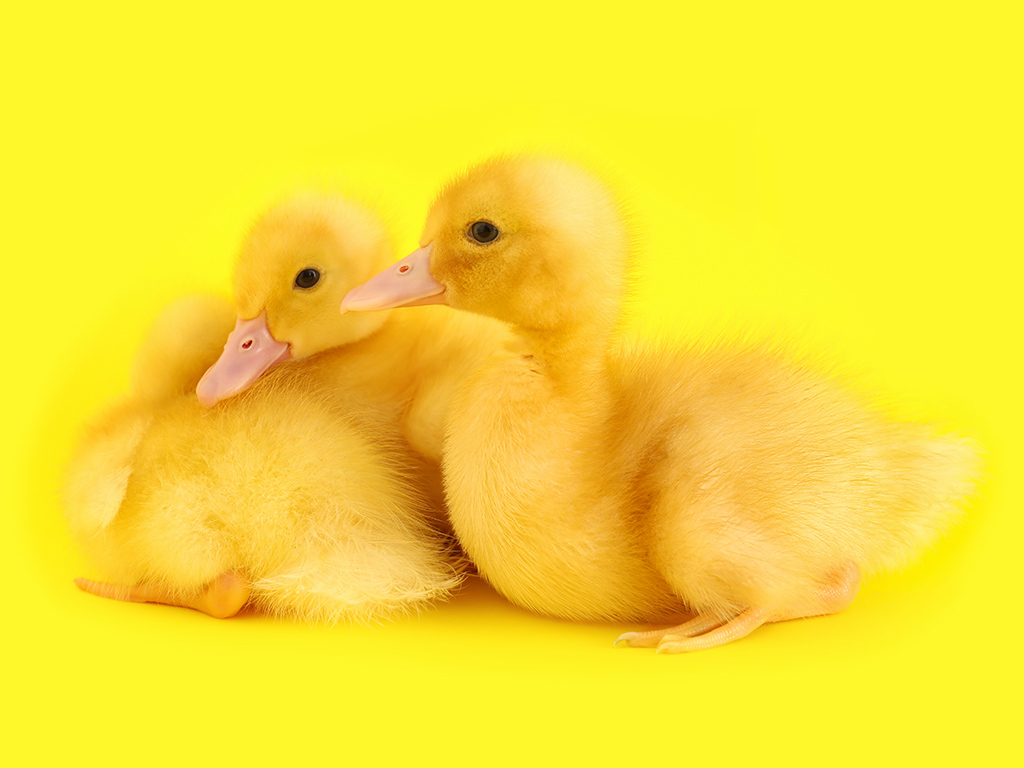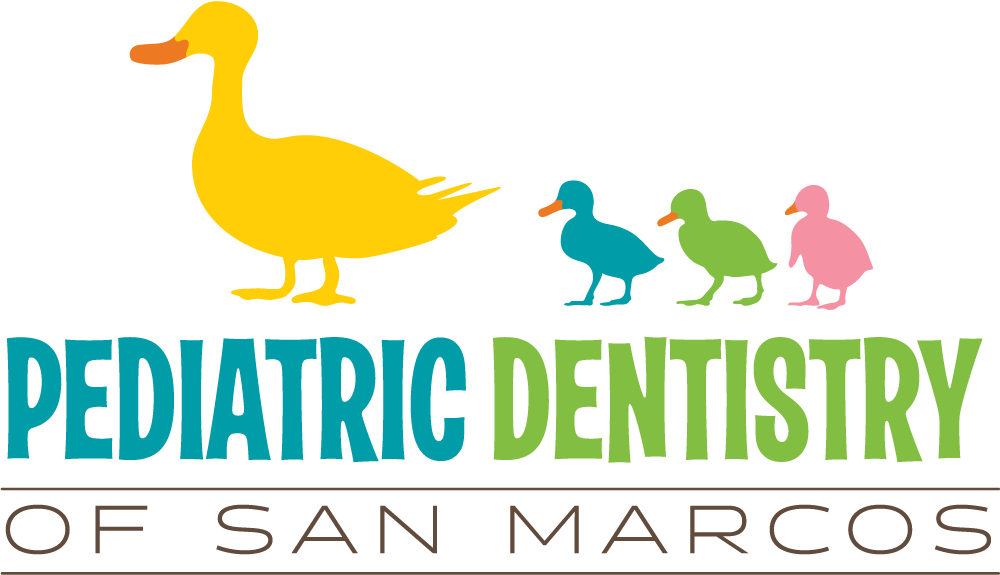Have a question that you don't see here?
Send us an email with any questions you may have and we'll be in touch with you as soon as possible. Talk to you soon!
Pediatric dentists can be considered the “pediatricians” of dentistry. Dr. Greg Allen and Dr. Nadia Bala have 2-3 years of specialty training following dental school, and we limit our practice to treating children only. You will even also notice that their instruments are smaller and all of their equipment is tailored towards a child’s mouth. Pediatric Dentists are primary and specialty oral care providers for infants and children through adolescence, including those with special needs. We are here to help reduce the anxiety of dental appointments and work together with parents to keep their child’s dental health on the right track. At Pediatric Dentistry of San Marcos, we focus on prevention, as the best cavity is the one that was never there in the first place!
The American Academy of Pediatrics and the American Dental Association recommend having your child’s first dental checkup at age 1 or when the first teeth erupt. We often see cavities or other dental abnormalities even starting at age one. Bringing your child in before age one will allow them the opportunity to adjust to the dentist at a young age and allow us to prevent problems before they even start.
There is a lot of variation with the timing of the eruption of teeth. In general, the first baby teeth that appear are usually the lower front teeth and they usually begin erupting between the age of six and eight months. But sometimes it can occur much sooner or later.
Try to maintain a very positive attitude with your child about the visit to the dentist. If you have your own fear of dental visits, a child can easily pick up on your own feelings and body language, and develop the same fear. Our goal is to prevent that from happening. Therefore, we always teach children the process of their appointment as we go onto each step on the day of their treatment vs. having a parent explain the details beforehand. We are also trained to use kid friendly dental words in front of your child, to prevent them from developing anxiety about their visit.You can play games with your child at home to mimic coming the the dentist and have your child “open wide.” Have your child see you actively participating in good oral habits like brushing and flossing.
You can also bring your child in for a tour of our office before your scheduled appointment, if you or your child is still feeling anxious. Simply call us and we will set it up!
Baby teeth are place holders for the permanent teeth later in life. If a child loses baby teeth prematurely it can lead to many complications, such as impacted permanent teeth due to loss of space. Even more importantly, having an untreated cavity on a baby tooth can lead to damage on the permanent tooth below it, or worse yet, an infection that can spread throughout the body. These infections can and have been life threatening in children, which is why it is important to maintain their baby teeth in a healthy state. If you introduce your child to good oral hygiene habits and regular dental check-ups when they are young, they are more likely to continue those habits later in life.
Of course! We invite you to accompany your child during his or her dental appointment. A parent’s role is critical in their child’s dental health and we encourage you to become engaged and active in this process. We encourage our patients to become confident and independent at the dentist, but we realize this takes time and every child is different. For the safety and privacy of all patients, other children who are not being treated should remain in the reception room with a supervising adult.
X-rays are an important and mandatory part of your child’s dental diagnostic process. We will evaluate your child and determine when x-rays are necessary to ensure thorough examination. Without them, certain dental conditions can and will be missed. If dental problems are found and treated early, dental care is more comfortable for your child and more affordable for you. We understand parents’ concerns about radiation and therefore we are especially careful to limit the amount of radiation to which children are exposed. At Pediatric Dentistry of San Marcos, we are able to take x-rays using the least radiation exposure possible by using a protective lead apron and the latest digital X-ray sensors, which require even less radiation than previous generation digital X-ray systems. Please see the X-Ray section under “services” for more details.
If it is a BABY (primary) tooth, alert the tooth fairy! Never attempt to re-insert a baby tooth after it has been removed as you may damage the developing permanent tooth below.If it is an ADULT (permanent) tooth, find the tooth and hold it by the crown; avoid touching the root. If the tooth has any debris or appears dirty, simply hold it under room temperature water from a faucet for a few seconds. Do NOT rub or scrub the tooth.
You may try to reinsert the tooth back into its original position in the socket and have your child hold it in place with a clean cloth. If you cannot reinsert the permanent tooth, place the tooth in a cup of milk, saliva, or water and come to our office immediately. Time is critical in trying to save the tooth. If this occurs after hours and you are unable to reach your dentist, follow the same instructions but go to your local hospital immediately.
Rinse any debris from the injured area with water. If you can find the tooth fragment, rinse it with water and place it in a cup with water. Then contact or visit a dentist as quickly as possible and we will determine which course of action needs to be taken.
Apply ice to the bruised area. If there is bleeding, apply firm but gentle pressure with a clean cloth. Contact our office and we will advise you if you should be seen by us or go to your local hospital for evaluation.
This is a common concern of many parents. There are times when the adult (permanent) teeth erupt before the baby (primary) teeth fall out. The adult teeth will often erupt behind the baby teeth, making it appear as a “double row” of teeth. The baby teeth fall out eventually in most cases. If your child is having discomfort in the area, or if the baby tooth is not loose even a little please come in and we will evaluate it. Occasionally, we have children that may grow an extra tooth. If you are not sure about this, please contact us and we will evaluate the situation.
We're Ready For Your Ducklings!
We are excited to care for little ones and be part of their journey to bright and healthy smiles. Follow the link to request an appointment that best fits your busy schedule. We can’t wait to meet you!



